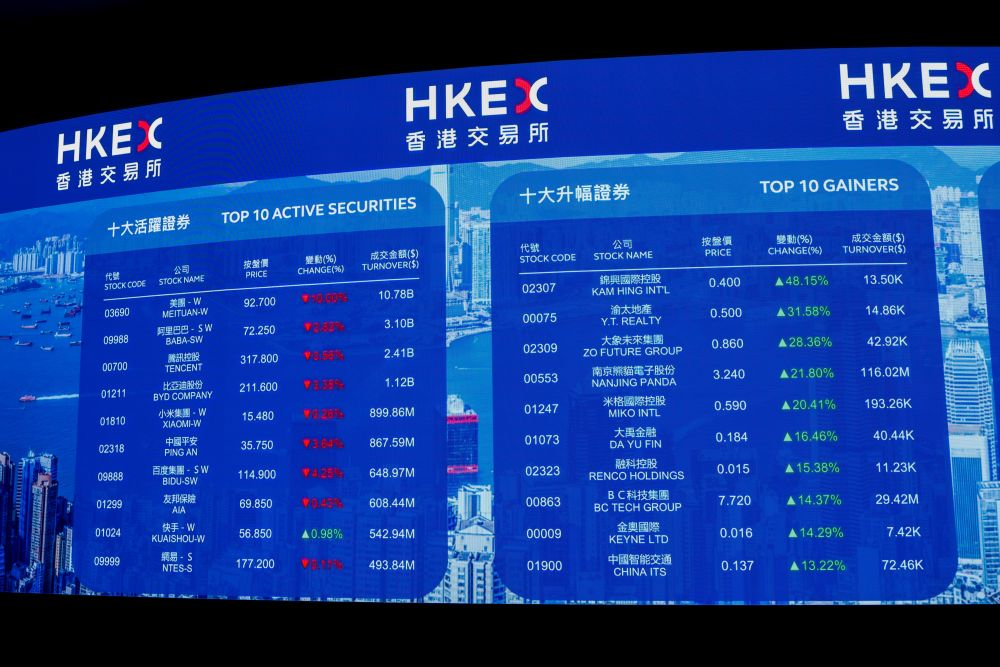The Hong Kong Securities and Futures Commission (SFC) is moving towards implementing mandatory climate risk regulations for asset managers as part of the bigger process of integrating environmental, social, and governance (ESG) standards into the industry.
The move towards mandatory regulations is significant since most ESG disclosure regulations are currently voluntary.
The first step in this exercise was the release on October 29 of a consultation paper that proposes amendments to the Fund Manager Code of Conduct (FMCC) that would require that fund managers consider climate-related risks in their investment and risk management processes.
The forthcoming amendments to the FMCC would also require fund managers to make appropriate disclosures to meet investors’ growing demands for climate risk information and to combat greenwashing.
The focus by the SFC on climate risk disclosure is based on the fact that climate risk is currently the most relevant issue for investors and asset managers.
The most recent development on climate risk is President Xi Jinping’s announcement that China will aim to hit peak emissions before 2030 and for carbon neutrality by 2060. The announcement is seen as a significant step in the fight against climate change.
Before this, under the 2015 Paris agreement, developed countries reaffirmed their commitment to mobilize US$100 billion a year in climate finance by 2020, and agreed to continue mobilizing finance at the level of US$100 billion a year until 2025.
A key contributor to the focus on climate risk for investors and asset managers is the widespread acceptance of the Financial Stability Board's Task Force on Climate-related Financial Disclosure (TCFD), a market-driven initiative set up to develop a set of recommendations for voluntary and consistent climate-related financial risk disclosures in mainstream filings in 2014. Since then, the TCFD has been used by regulators around the world for introducing climate risk regulations in their respective domestic markets.
“On the climate risk proposals, one thing that they reflect is the evolution of the understanding of issues surrounding climate risk having some kind of common ground with respect to how to deal with climate risk issues and going to the point of integrating those issues with regulations,” says Mark Uhrynuk, partner at Mayer Brown, who is working with clients on climate risk issues pertaining to the proposed regulations. “The climate risk area is much further developed than the general SDGs [the United Nations’ Social Development Goals], and impact investing then comes out of these SDGs."
The SFC consultation paper proposes amendments to the FMCC that address climate-related risks in four key areas: governance, investment management, risk management and disclosure. In developing these requirements, the SFC has referred to the TCFD recommendations, which are designed to foster a “more consistent disclosure framework and minimize the industry's compliance burden”.
This alignment with a leading international standard is significant, as the global sustainable finance landscape is developing at a rapid pace with an increasing risk of problematic regulatory fragmentation. The SFC defines climate-related risk with reference to two risk categories from the TCFD recommendations, physical and transition risks, as well as a third category, which is equally important for fund managers, liability risks.
Physical risks arise from the impact of extreme climate-related weather events and progressive, longer-term shifts in climate patterns, which can damage assets, disrupt supply chains and reduce productivity.
Transition risks are associated with the ongoing viability of a business in transition to a low-carbon economy, which will be marked by reduced demand for commodities, goods and services with a high-carbon footprint.
Liability risk is the risk that a person or company may seek compensation for losses caused by climate change. The failure to properly manage physical and transition risks can give rise to liability risk.
“The SFC’s proposed requirements incorporate governance, investment management, risk management and disclosure features to address climate-related risks and would broadly apply to fund managers that manage collective investment schemes,” Uhrynuk says. “At the initial stage, however, they would not be mandatory for those managing only discretionary accounts in the form of an investment mandate or a pre-defined model portfolio.”









